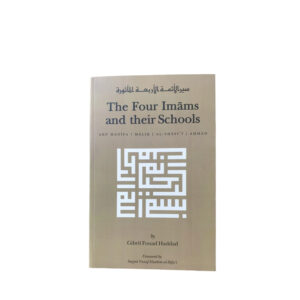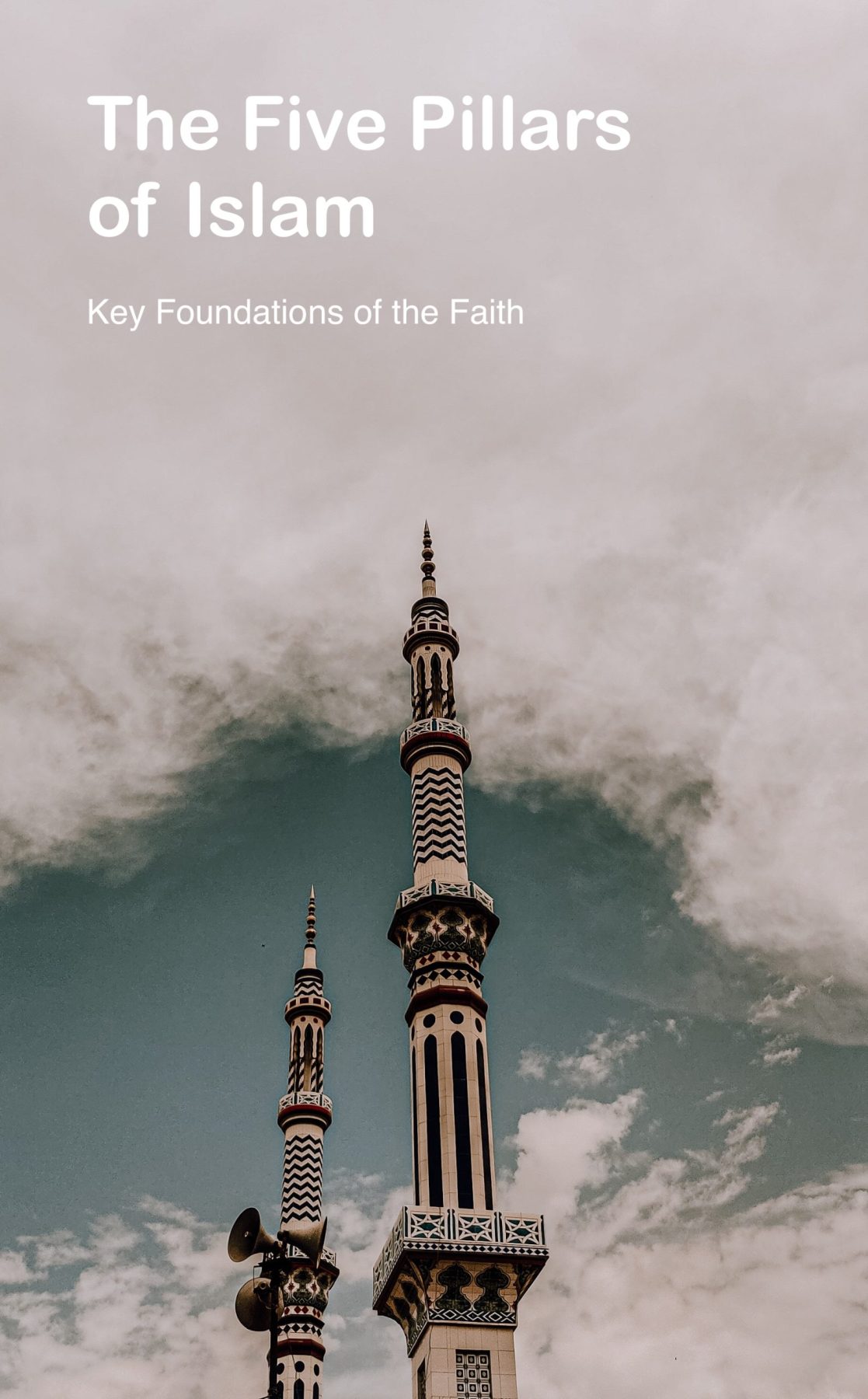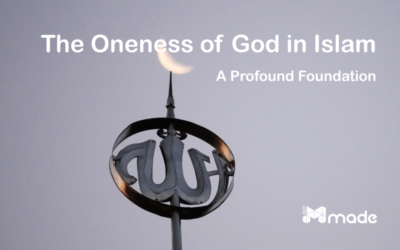The Five Pillars of Islam: Key Foundations of the Faith
Islam is a religion that is based on a set of core beliefs and practices, known as the Five Pillars. These pillars provide a framework for Muslims to live their lives in accordance with the teachings of the religion and to seek a closer relationship with God. This blog will explore the Five Pillars of Islam in more detail, including their definitions, significance, and practices.
Faith (Shahada)
The first pillar of Islam is the declaration of faith, known as the Shahada. The shahada, or declaration of faith, is the first and most important of the Five Pillars of Islam. It involves stating that there is only one God (Allah) and that Muhammad is the messenger of God, and must be made with sincerity and conviction. The shahada forms the foundation of an individual’s relationship with God.
Prayer (Salah)
The second pillar of Islam is the daily practice of prayer, known as Salah. Muslims believe that prayer helps them to develop a closer relationship with God and to seek guidance and strength. There are specific times during the day when Muslims are required to perform salah, and they may pray individually or in a group.
During Salah, Muslims face the direction of the Kaaba in Mecca and recite specific prayers from the Qur’an in a specific order, using certain movements and gestures to demonstrate respect and devotion to God. In addition to the five daily prayers, additional prayers can be performed at other times, such as during times of need or during the Hajj (pilgrimage to Mecca).
Charity (Zakat)
The third pillar of Islam is the practice of charity, known as Zakat. Muslims are required to give a portion of their wealth to those in need. This is done as a way of demonstrating their commitment to social justice and helping others. The required amount of zakat, which is typically a fixed percentage, varies based on a person’s income and assets.
Zakat is not just about giving money to those in need. It is also about using one’s wealth and resources in a responsible and righteous manner. It is seen as a way for Muslims to purify their wealth and to show gratitude for the blessings that they have received.
Fasting (Sawm)
The fourth pillar of Islam is the practice of fasting during the month of Ramadan. During this time, Muslims abstain from food, drink, and other physical pleasures from sunrise to sunset as a way of demonstrating their devotion to God. Fasting is seen as a way to discipline the body and to strengthen the spirit, as well as a way to demonstrate solidarity with those who are less fortunate.
Ramadan is also a time of intense spiritual reflection and devotion, with many Muslims engaging in additional prayer and reading of the Qur’an. At the end of the month, there is a celebration called Eid al-Fitr, which marks the end of the fasting period.
Pilgrimage (Hajj)
The Hajj, or pilgrimage to Mecca, is the fifth pillar of Islam and must be completed at least once in a lifetime by Muslims who are physically and financially able. The hajj involves a series of rituals and ceremonies designed to bring the pilgrim closer to God and is a time of intense spiritual reflection and devotion. It allows Muslims to reaffirm their faith and seek forgiveness for any wrongdoings and provides an opportunity for Muslims from around the world to come together in unity and solidarity. The Hajj is one of the largest gatherings of Muslims in the world and demonstrates the global nature of the Islamic faith.
Conclusion
The Five Pillars of Islam are the core foundations of the faith. They provide a framework for Muslims to live their lives in accordance with the teachings of the religion and to seek a closer relationship with God. Whether it is through the declaration of faith, the daily practice of prayer, the practice of charity, the fasting during Ramadan, or the pilgrimage to Mecca, the Five Pillars are integral to the spiritual lives of Muslims around the world.
While each of the Five Pillars is important in its own right, they also work together to create a cohesive and holistic approach to living one’s faith. Together, the Five Pillars provide guidance and structure for Muslims as they navigate the challenges and opportunities of everyday life.
In conclusion, the Five Pillars of Islam are a central part of the religion and are essential to the spiritual development of Muslims. Whether you are a Muslim or simply seeking to learn more about the faith, understanding the Five Pillars is a valuable way to gain insight into the beliefs and practices of Islam.
Learn more about the Islamic religion
-
 Riyad Al-Salihin Volume 1 by Imam NawawiR899,99
Riyad Al-Salihin Volume 1 by Imam NawawiR899,99 -
 The Four Imams And Their Schools by Gibril Fouad HaddadR499,99
The Four Imams And Their Schools by Gibril Fouad HaddadR499,99 -
 The Forbidden Rumi by Nevit O. Ergin and Will JohnsonR499,99
The Forbidden Rumi by Nevit O. Ergin and Will JohnsonR499,99 -
 Muslim Women: A Biographical Dictionary by Aisha BewleyR269,99
Muslim Women: A Biographical Dictionary by Aisha BewleyR269,99 -
 Secrets Of Divine Love by A. HelwaR435,00
Secrets Of Divine Love by A. HelwaR435,00 -
 Slavery & Islam by Jonathan A.C. BrownR329,99
Slavery & Islam by Jonathan A.C. BrownR329,99 -
 Advisors Of The Prophet by Abdul Aziz As-ShanawiR99,99
Advisors Of The Prophet by Abdul Aziz As-ShanawiR99,99 -
 Dutifulness To Parents by Nitham SakkijhaR49,99
Dutifulness To Parents by Nitham SakkijhaR49,99 -
 The Daughters of Prophet Muhammad by Nafees KhanR274,99
The Daughters of Prophet Muhammad by Nafees KhanR274,99










Leave a Reply
You must be logged in to post a comment.